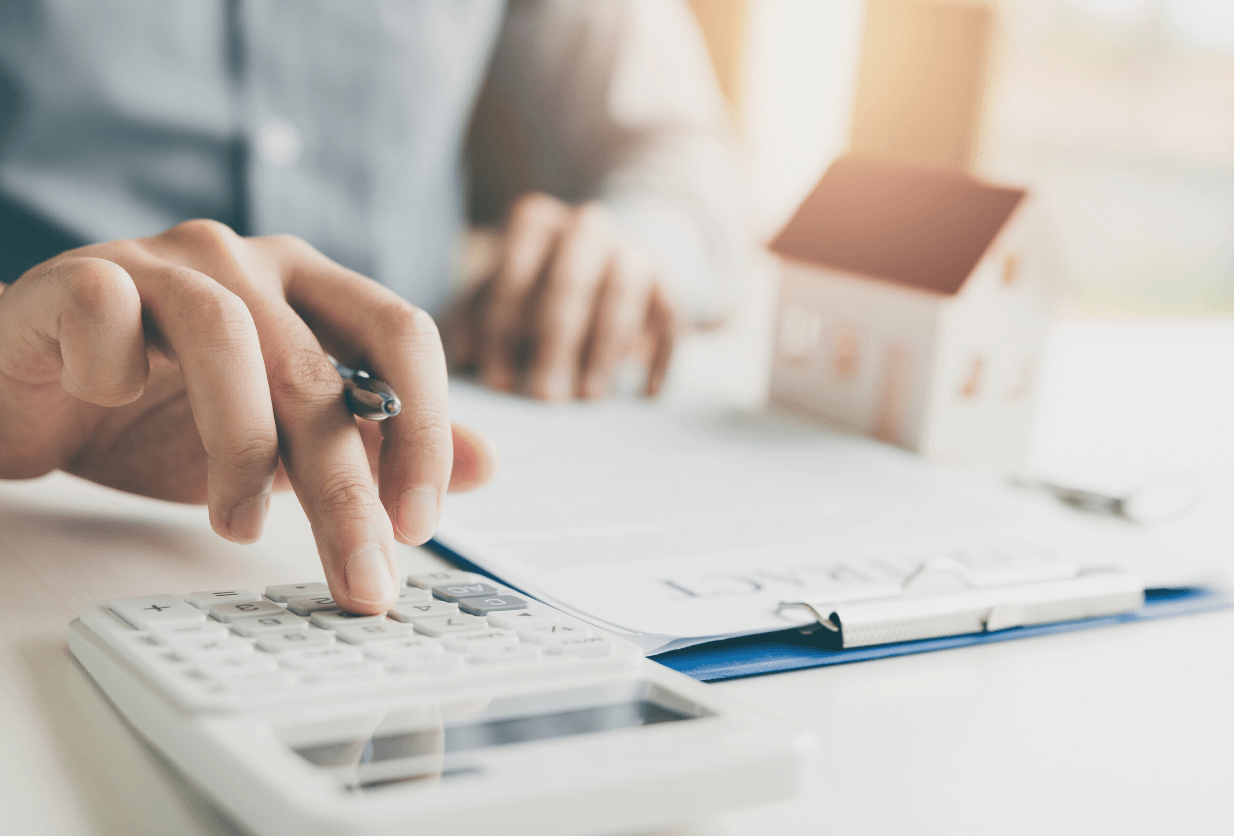
What Taxes Are Paid When Selling a Home
Selling a home is major and exciting and not to mention highly stressful. The last thing you want to think about is what you might owe on taxes when selling a home.
You may have to pay taxes on any profit you make from the sale, but exceptions exist. It’s a good idea to get a professional tax advisor to keep you out of trouble and ensure that you don’t pay more in taxes than you owe.
So, what do you need to know about taxes when you sell a home?
Do You Need to Pay Tax on the Profit?
The short answer is yes, and the longer answer is more complicated. Fortunately for most of us, the home sale gains exclusion on taxes when selling a home.
This means that you can exclude up to $250,000 in capital gains. Note that the IRS is not looking at the sale proceed, but rather how much more you sold your home for than you paid for it. This goes up to $500,000 if you are married and filing jointly. However, this only applies to a primary home, not an investment property or vacation home.
You must have lived there for at least two of the preceding five years and owned the property for at least two of the preceding five years. You also can only claim one exclusion every two years. This is to prevent flippers from claiming the exclusion on the basis that they lived in the house while they were fixing it up.
You can sometimes claim a partial exclusion if you have lived in your home for less than two years and are moving for a legitimate reason, such as relocating for a new job, becoming disabled, or being widowed and needing to downsize.
How does the IRS Figure Out Your Profit?

Unfortunately, it’s not quite as simple as “the difference between what you paid and what you sold for.” What the IRS is looking at are cost basis and net proceeds. This is more favorable to you, but let’s define these:
- Cost basis: This is what it costs you to buy the house. No, that’s not the purchase price. It’s the purchase price plus any fees you paid at closing plus any value-adding improvements you have made to the home. So if you spent $5,000 on a new deck, you could add that to the cost basis because it probably increased the home’s value. An IRS publication gives a more detailed explanation.
- Net proceeds: What you have left of the sale price minus the expenses connected to selling. i.e., your agent’s commission, closing costs, advertising costs, etc.
Again, this is more favorable to you, reducing the amount, but it’s also harder to calculate. We strongly recommend getting a tax advisor to look things over when selling a home.
Do You Need to Report the Sale on your Taxes?
Only if you don’t qualify for the exclusion or your profit exceeds the exclusion. So if you and your spouse have lived in your home for 15 years and are selling because your kids are now adults and you don’t need all that space, and you sell it for $450,000 more than you paid for it, you do not need to report it on your taxes.
You should report any amount over the capital gains exclusion on form Schedule D. You will pay long-term capital gains on this, typically 15% for a married couple between $80,000 and $496,050, and 20% on amounts over $496,050.
When Is the Tax Due?

If you have to pay taxes when selling a home, that tax is due when you pay your regular income tax, which is on April 15 of the following year. However, it is not always wise to wait. Some people prefer to pay it as an estimated tax at the time of the sale, which protects you from not having the money when April rolls around. That said, paying early if not required to do so is essentially making an interest-free loan to the IRS.
Many people will need to make estimated tax payments. If you were owed a refund the previous year (that is, if you paid all of your tax through the year), you would not need to make payments. If you were not, then you must make payments. However, this can be particularly complicated. If you sell at the start of the year, you should pay the tax in about four equal payments, but if you do not, you will need to file Form 2210 to explain why your estimated tax is uneven. The IRS prefers you to make four equal payments.
If you sell early in the year and the amount is small, you might be able to get your employer to increase your withholdings for the year to cover the bill.
Does it Matter if You Immediately Buy Another Home?
No. Unfortunately, you can’t avoid the capital gains tax by immediately “reinvesting” it in a new home. So, you will need to allow for any tax when working out how much home you can afford.
If you are selling, you need to know what taxes must be paid when selling a home. Thankfully, most home sales are within the capital gains exclusion limit, especially if you have a good tax advisor to find all the things you can add to the “cost” of your home. If you need to sell your home quickly, contact Offercity today. We buy houses as-is, for cash, with less work and no agent fees.